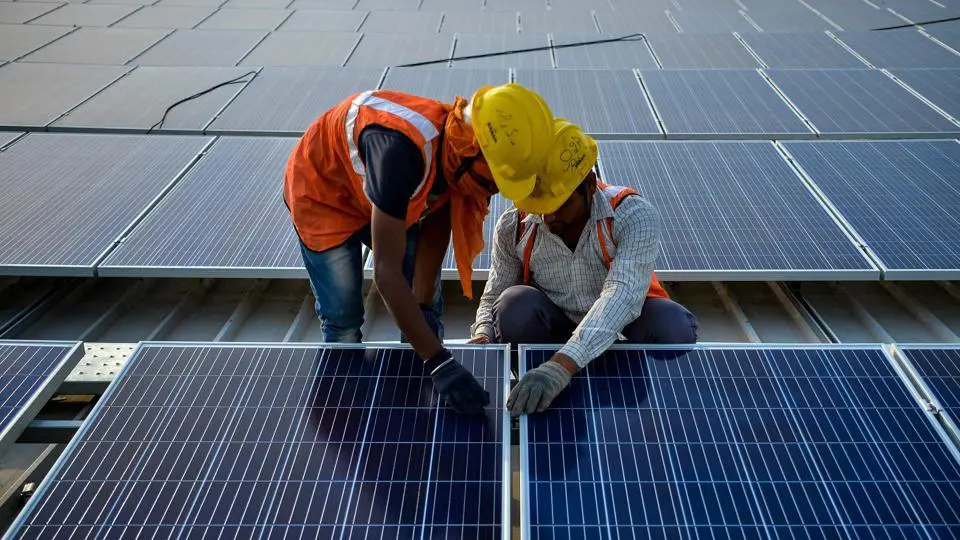Solar panel recycling is experiencing a new push in Europe now waste management specialist Veolia has opened what it claims is Europe’s first-ever recycling plant for photovoltaic modules. The state-of-the-art facility is located in Rousset, France, which is currently the 4th biggest solar panel market in the entire EU. Germany has the largest installed capacity.
The new solar panel recycling centre will process approximately 1300 tonnes of solar panels this year. This represents virtually all solar panels that will reach their end of life in France in 2018. Veolia has stated it intends to increase its recycling capacity to up to 4000 tonnes per year by 2022.
Attractive economics
The recycling equipment at Veolia’s plant includes a robotic sorting system. At the Rousset plant, the panels are dissembled to recover the glass, silicon, plastics, copper and silver, which are then crushed into granulates that can be used to manufacture brand-new solar panels.
Establishing a long-term recycling infrastructure for solar panels makes economical sense, a study by the International Renewable Energy Agency (IRENA) has confirmed. It suggests that recovered materials could be worth no less than US$ 450 million by 2030, with recovery yielding more than US$15 billion by 2050.

‘Tens of millions’
‘This is the first dedicated solar panel recycling plant in Europe, possibly in the world,’ comments Gilles Carsuzaa, head of electronics recycling at Veolia. He observes that installed solar capacity is growing 30% to 40% per year in France. For instance, the nation saw 53 000 tonnes installed in 2016, which grew to 84 000 tonnes installed in 2017.
Veolia predicts that, by 2050, the worldwide tonnage of decommissioned PV panels will total ‘several tens of millions of tonnes’. The modules have an average lifespan of about twenty-five years each.
At the moment, there are about 175 000 people working in the European solar sector. By 2030, it is believed that 130 000 new jobs will have been created.
Don't hesitate to contact us to share your input and ideas. Subscribe to the magazine or (free) newsletter.



